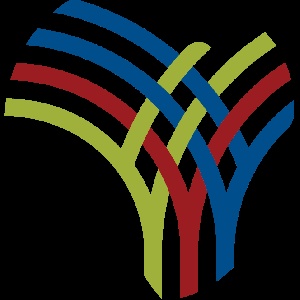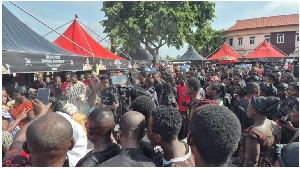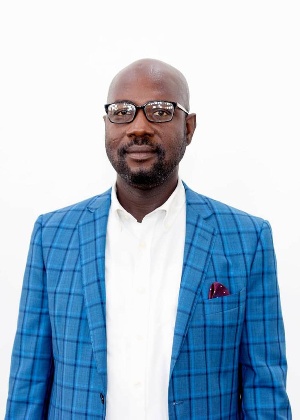Africa News of Wednesday, 2 April 2025
Source: www.ghanawebbers.com
Sudan: 'I Witnessed Unimaginable Horrors' - Sexual Violence Used As Weapon of Terror Against Women and Girls Across Sudan
**Northern State, Sudan** — In late 2024, armed men invaded Layla's home in Khartoum. She was alone with her children at the time. "They arrested my son and took me to a separate car," she told UNFPA, the United Nations sexual and reproductive health agency.
Layla noticed the men looking at her 18-year-old daughter inappropriately. "They probably took me away to keep her alone," she said. Her fears for her daughter grew as she faced nearly three weeks in an overcrowded prison.
"They brought my son back and beat him in front of me," Layla recalled. Then they moved her to a women's section, where they interrogated her. They accused her of being a spy and claimed that her husband worked for the army.
Over 12 million women and girls in Sudan are at risk of sexual violence. At that time, opposition paramilitary forces controlled parts of Khartoum, despite the army retaking strategic areas later on. Layla described being strip-searched, beaten, and detained without charge.
"I witnessed unimaginable horrors," she said. "When officers left, soldiers began raping prisoners." Young women were taken outside while others heard their screams all night long. "I heard those screams for all 19 days I was in that prison."
During the war, reports of sexual violence have surged across Sudan. An estimated 12 million women and girls—along with more men and boys—are now at risk of assault. This marks an 80 percent increase from last year.
**A Growing Health Crisis**
Since April 2023, when the war broke out, conditions have worsened dramatically. Nearly 13 million people have been forcibly displaced—almost one-third of Sudan's population—and the health system is nearly destroyed.
UNFPA is providing reproductive health services through mobile teams and safe spaces for survivors of sexual violence. These services include clinical treatment and psychological counseling after rape or abuse.
At a UNFPA-supported safe space, Layla shared how she endured prison life. "One day, a 16-year-old girl came back to our cell bleeding heavily," she recalled tearfully. They hugged each other and cried together for an entire day.
"By the ninth day I wanted to die—I couldn't bear being raped too." She stopped eating and drinking until she became very sick; eventually, they released her.
Although Layla found support through the safe space, many others did not receive help. Over 540 attacks on health facilities have been reported in two years; supplies are often looted while health workers face violence.
**An Urgent Call for Support**
Maha Mahmoud is a social worker at a UNFPA-supported safe space in Dongola. She noted that health facilities are no longer safe havens for victims.
Unprecedented funding cuts are impacting people just as needs rise sharply. Maha recounted hearing about an incident involving an 18-year-old woman who was raped at a maternity hospital after opposition forces entered her area.
"She lost consciousness," Maha explained. When she woke up, she found herself surrounded by other girls who had also been raped before they were left abandoned on the street.











